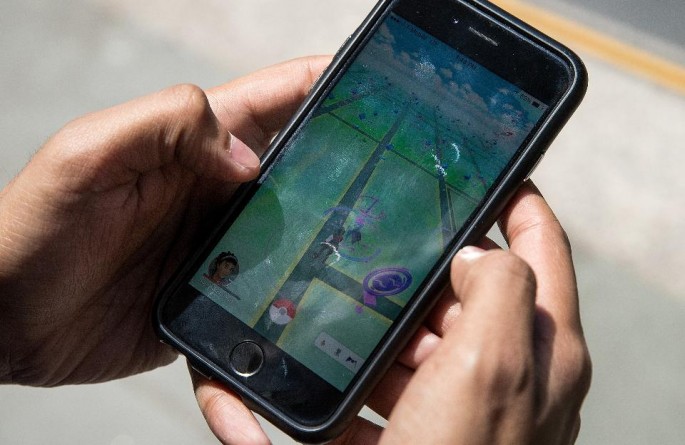As aspiring Chinese Pokemon trainers await the official release of the highly popular Pokemon Go mobile game in the country, experts have raised concerns about privacy.
Just a few days after the game was released to select countries, reports came in saying that millions of people playing it on their iPhones may have inadvertently shared a large amount of personal data to the game's developer Niantic, Inc, The Wall Street Journal reported.
The issue occurs when iPhone users sign into the game using their Google accounts. The game will then erroneously request for full access to the device. Granting the app such means that it can also view and modify nearly all the information found in a user's Google account.
Niantic has already an update to the game that now only requests access to basic Google profile information, which the company said is just about the only user information they have accessed.
However, the issue was very significant that United States Senator Al Franklin has called on the company to reveal the extent of data that it has inadvertently collected. Franklin also said that Niantic should also disclose the list of third=party companies that it has shared the data with.
For Chinese gamers still waiting for its official release, the issue poses an even bigger concern. According to security expert Wang Biao of Wooyun.org, such an opening could let third-party distributors of the game add malicious software to the installer that will give remote access to the device, Global Times reported.
Niantic has yet to make a formal announcement on whether the game will be available in the country. Under Chinese laws, the company is required to have a local partner before it can be allowed to release the game. The game will also have to go through several government-approved revisions before being given a go signal for distribution.



























